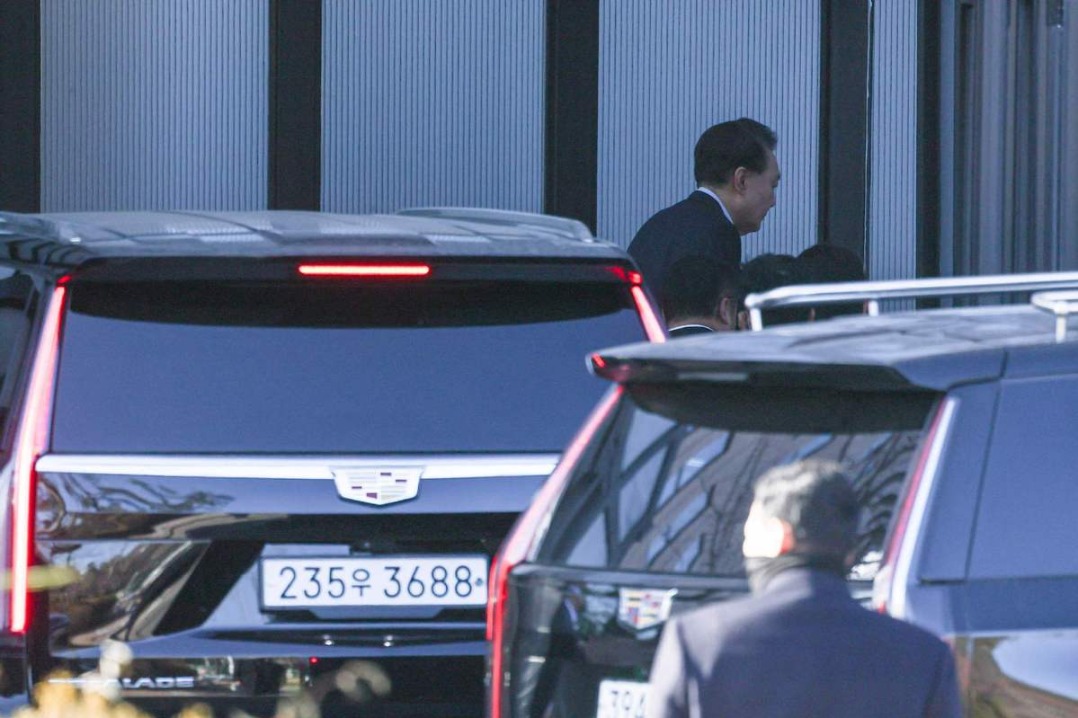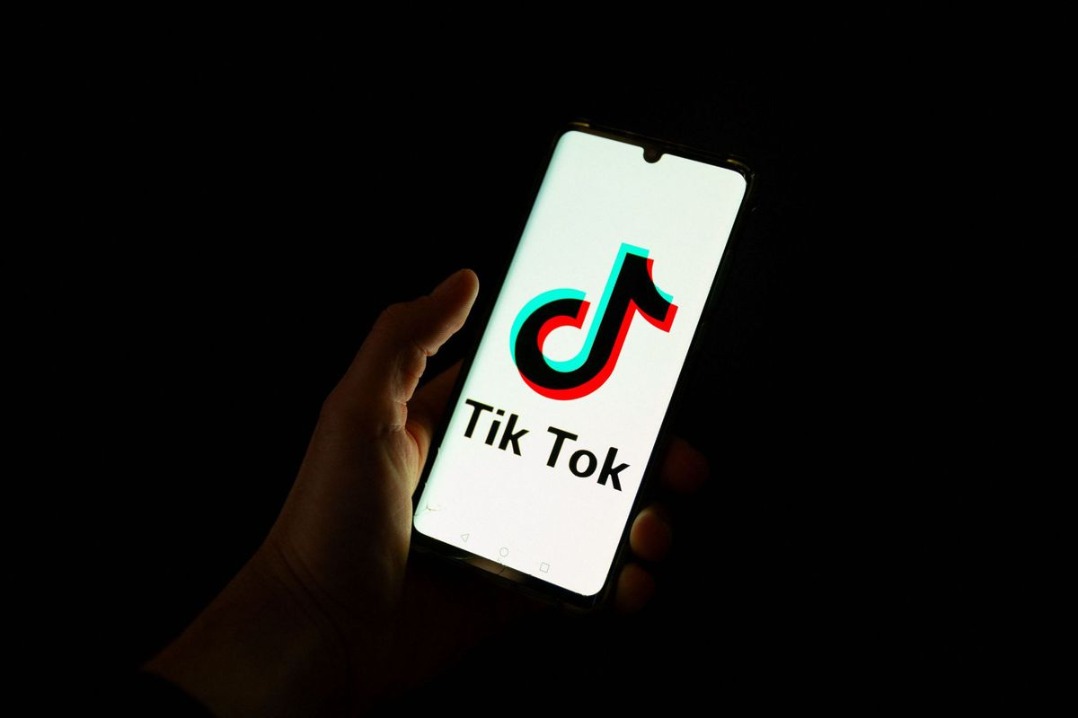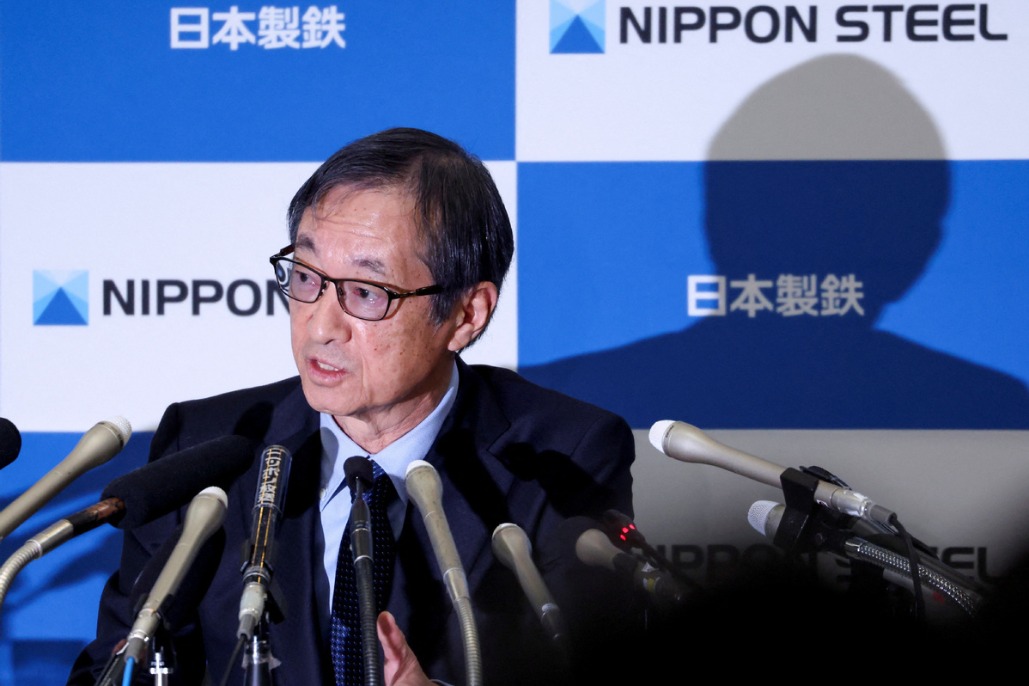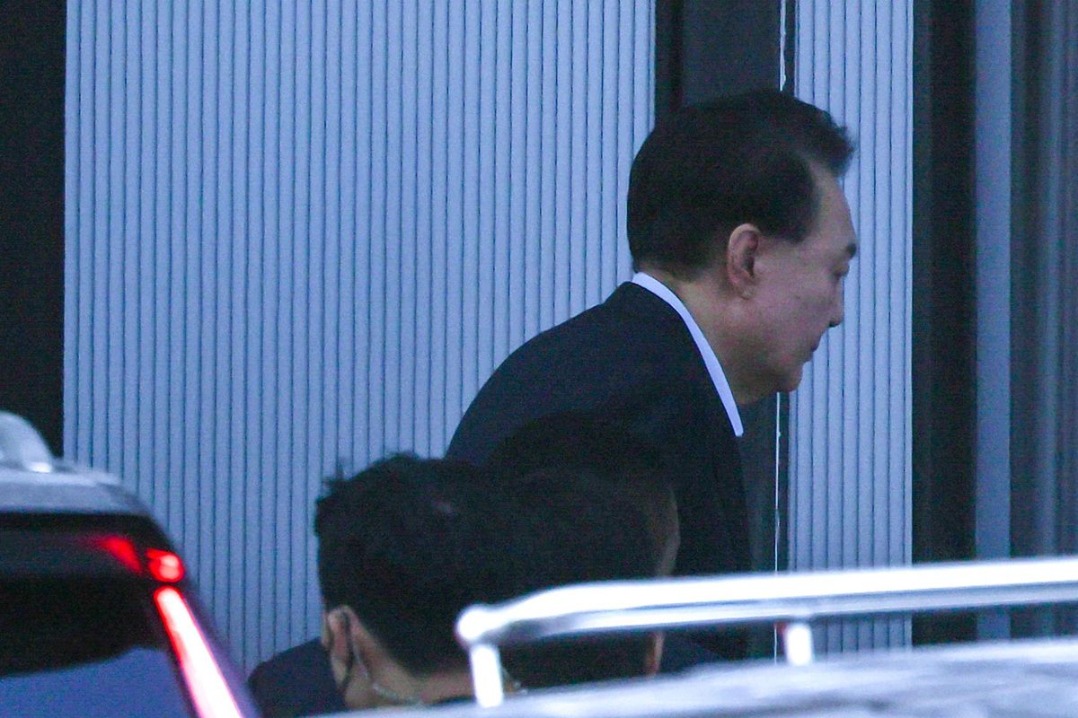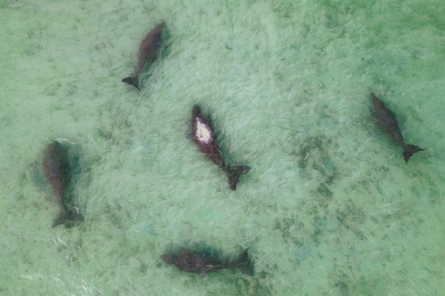Americans sour on economy amid inflation woes: Poll

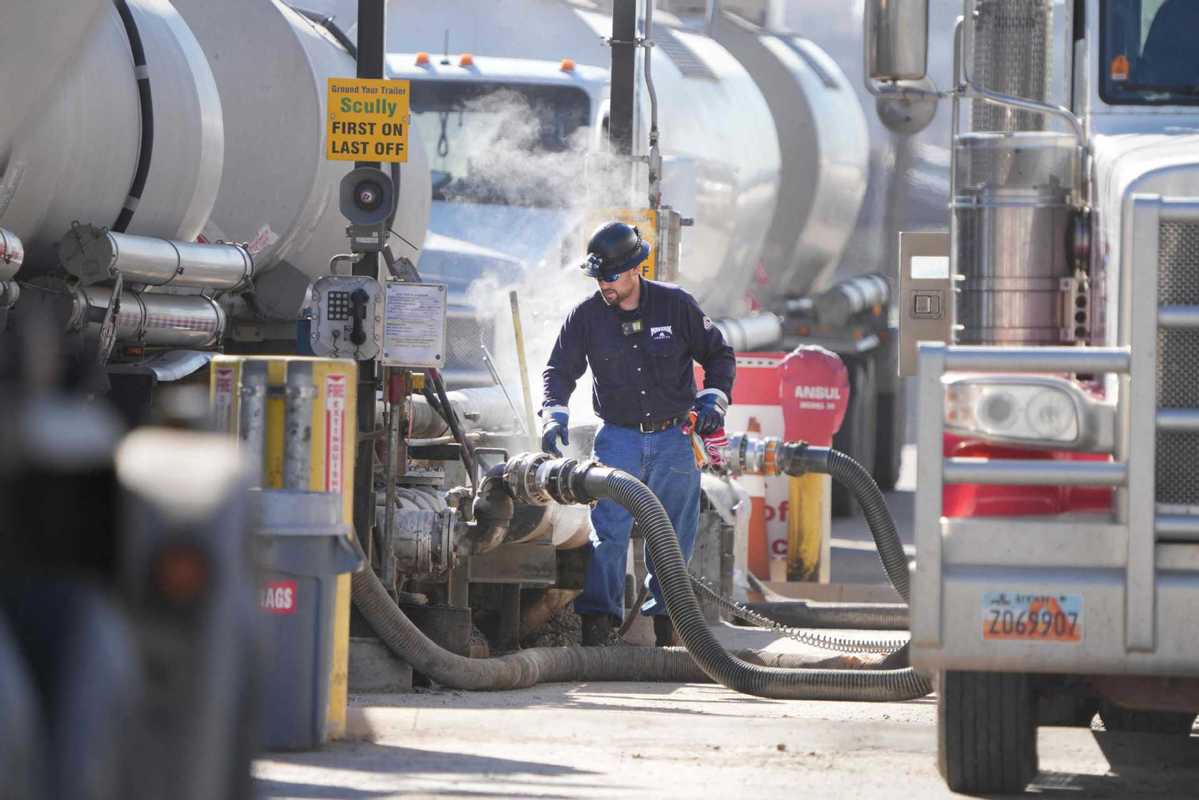
SAN FRANCISCO — Americans' opinions on the US economy have soured noticeably in the past month, a new poll finds, with nearly half expecting economic conditions to worsen in the next year.
Just 35 percent of Americans now call the national economy good, while 65 percent call it poor, according to a poll by The Associated Press-NORC Center for Public Affairs Research. That's a dip since September, when 45 percent of Americans called the economy good, and a return to about where views of the nation's economy stood in January and February, when the pandemic was raging across the nation.
The deterioration in Americans' economic sentiments comes as the cost of goods is rising nationwide, particularly gas prices, and bottlenecks in the global supply chain have made purchasing everything from furniture to automobiles more difficult.
The Labor Department reported earlier this month that consumer prices in September rose 5.4 percent from a year earlier, the largest one-year increase since 2008.
Roughly half of Americans — 47 percent — now say they expect the economy to get worse in the next year, compared with just 30 percent who think it will get better. In an AP-NORC poll conducted in February and March, the situation was reversed: 44 percent expected the economy to get better in the year ahead and just 32 percent said it would get worse.
Earlier this year, 70 percent of Democrats said they expected the economy to get better. Now, just 51 percent do. And the share of Republicans who think the economy will get even worse has grown to 74 percent from 59 percent earlier in the year.
Despite the deterioration in Americans' economic outlooks, the poll found they remain relatively optimistic about their own financial situations. The poll found that 65 percent of Americans say their personal financial situation is good, a number that has remained about constant since before the pandemic began. Still, 24 percent say they think their personal finances will get worse in the next year, up from 13 percent earlier this year.
About half of Americans, 49 percent, now say they're highly confident they could pay an unexpected bill of $1,000, up from 36 percent in March of 2020 and 40 percent in June of 2019.
Economic inequalities between Black and Hispanic Americans compared to their white counterparts remain, however. White Americans are much more likely than Black or Hispanic Americans to be highly confident in their ability to pay an unexpected bill or medical expense.
The AP-NORC poll of 1,083 adults was conducted Oct 21-25 using a sample drawn from NORC's probability-based AmeriSpeak Panel, which is designed to be representative of the US population.
Agencies via Xinhua
















